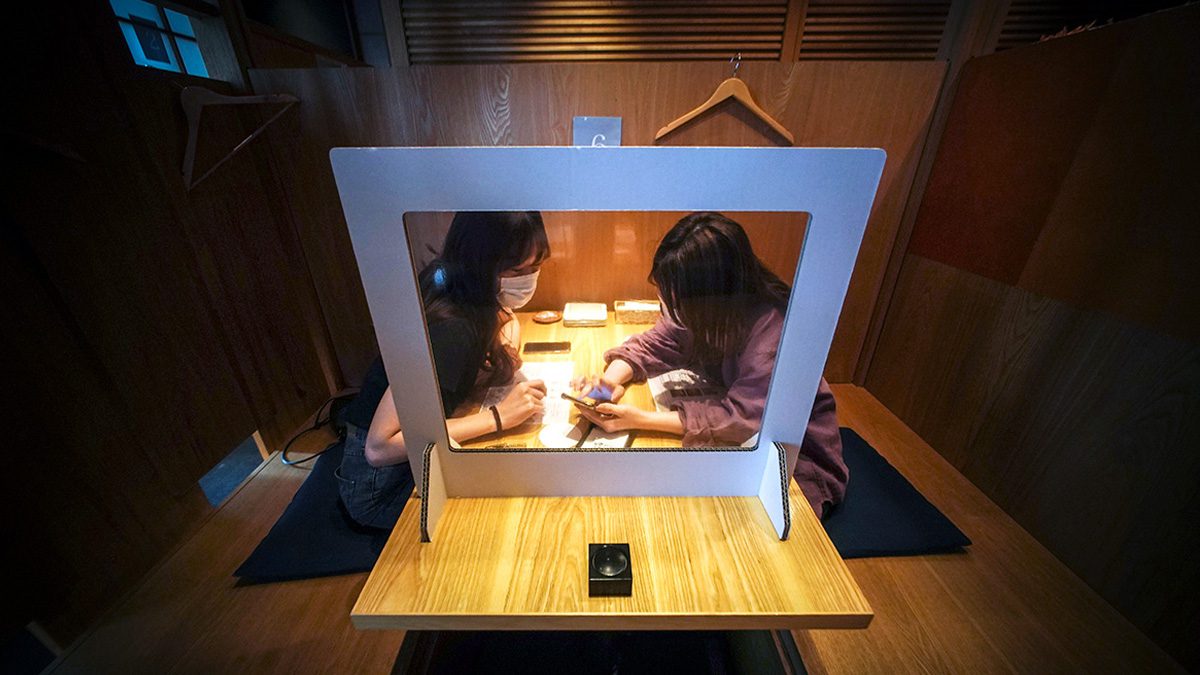
VISA’s new AI-enabled online payment for Russian cardholders via ‘Alice’
by Sohini BiswasVisa introduces a new AI-augmented Visa card payment via the renowned Russian Artificial voice assistant named Alice. The technology is already on-board with its operating taking place around 32 cafes and restaurants around Russian, specifically in Moscow.
With the ongoing fear of virus transmission, it is nothing but natural to comply with the no-contact rule, especially keeping in mind the necessity of a safer and virus free environment. But when we come to think about it, have we really been able to escape the hand-to-hand monetary exchange when a note is undergoing several touch-contacts at various points until it reaches our purse?
Most importantly, the notepaper has the maximum change of porting the germs, yet there had been hardly any solution for a critical situation like this. However, with this Russian initiative, those small exchanges now become easier, convenient, and most importantly safer. Now, people are free to go cashless yet pay any amount of money without risking their health concerns.
Mechanism of AI-Alice assisted online payment:
Initiated by the Yandex. Dialogi platform, the user has to make sure he/she has ‘Alice’ voice assistant installed over their smartphone/tablet. These Visa cardholders of any Russian bank then can easily call out the voice assistant and inform them of their cafe/restaurant location as well as their preferred order of food or drink. Once the order is accepted, the plate will be transferred to the restaurant kitchen, which can then be collected by the customer without the hassle of paying directly or standing in a long queue behind people within close proximity. It permits one not to come in contact with the waiter, making the whole process much easier, hasslefree, and hygiene oriented.
Though not much different from other UPI payment modes, where this allows a payment screen where account details are to be uploaded for easy payment modes, what makes it more popularize is the altogether process of ordering, paying, and receiving orders in a contactless way.
Despite the unpopularity of these online modes of payments due to the fraudulence associated with easy pin unlocking or face-recognition enabled basic or minimum security, Visa observed a 10% rise in interest for online payment procedure as per global demand. On the contrary Oksana Borisova, partner of KPMG’s technology practice in Russia and the CIS confirms a 30% rise on online payment users in Russia within a few days.
“We see the rapid development of voice assistants in Russia and in the world. Today, the number of Russians who use voice assistants at least once a month to solve everyday tasks exceeds 50 million people, with 90% of them using voice services on their smartphones. This is primarily due to the convenience and safety of such solutions for consumers, ” -Yuri Topunov, Head of the Visa Product Department in Russia.
With the increase in demands, one can conclude that banks will be propagating these online payment methods. Banks around the USA, Europe, and few parts of Asia have already popularized this method, however, there had been various bugs and disruptions which halted further development in these fields. The demand once again has recurred and MasterCard developing voice assistant payment is on news.
However, not everyone is showing positive indication concerning this new technology-enabled banking system. Georgy Konnov, head of the Raiffeisenbank eCommerce development department comments,
The voice can be an additional, but not the main and not the only identifier of the client. It is possible to use small payments for linked cards in smart speakers and voice assistants, but so far these are more niche services, as well as payments for biometric identification in general. The issue of the security of voice payments remains open, ”
PSB’s head of the digitalbusiness department, Yuri Chernyshev also writes,
Any technology using biometric data – Face ID, Touch ID or voice – improves the security of payments and can be promising. But in the case of using voice as an identifier for confirming a payment, it is not quite obvious in what types of transactions this will be in demand, whether it will become more convenient for customers than the usual methods of confirmation used now, ” .
It is evident that the skepticism still lingers on this sudden transition in the banking structure altogether. Founders of Rostelecom or Meat & Ryba restaurant chain still do not see the advantage of such a technology-based payment method fearing voice metrics disrupting to proceed with a successful payment due to heavy noise in public places like malls or restaurants. But, the development is new altogether and the only thing one can do is wait for customer feedback for now.